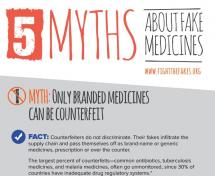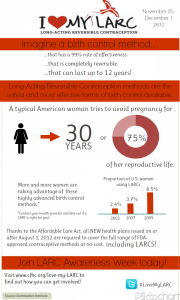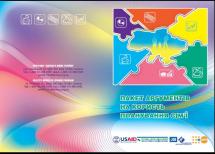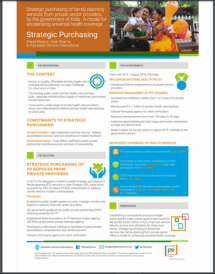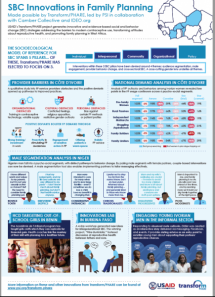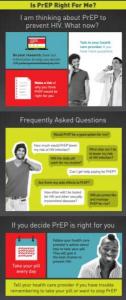Myth Busters: Coronavirus
The World Health Organization has created a series of graphics to show important myths and facts related to COVID-19. Each graphic can be downloaded and shared.
Source: World Health Organization
Date of Publication: April 13, 2020
SIMILIAR RESOURCES
Tools
Examples
- Coronavirus — COVID-19 Factsheet
- FEMA Coronavirus Rumor Control
- COVID-19 Communication Materials for the Americas
- Questions and Answers about Violence against Women and COVID-19
- Hand Hygiene: Why, How & When?
- Hand Hygiene: Why, How & When?
- KAP COVID: Exploring Knowledge, Attitudes, and Practices for COVID-19 Prevention
- Guidance Notes for IFRC and Response Teams
- Guidance on Use of Masks
- COVID-19 in Pregnancy and Lactation



